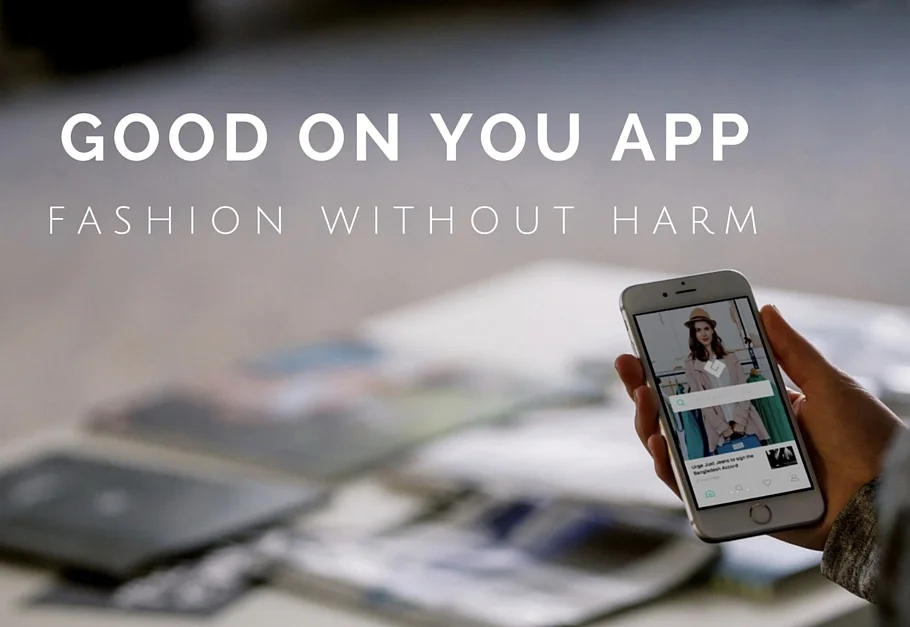“Fashion isn’t like food, where all the ingredients are on the label – it’s a massive, complex industry with opaque supply chains and it’s hard for people to unpick that,” said Sandra Capponi. In a recent interview with Dazed, the Australian entrepreneur succinctly described the frustrations that many experience while endeavouring to shop sustainably, and it was this difficulty making ethical choices that led her and her business partner Gordon Renouf to create Good On You, the first app specifically designed to help customers buy better.
Good On You founders Sandra Capponi and Gordon Renouf.
The scale of fashion’s negative impact on the environment and its questionable social record have come under increasing scrutiny of late, and simultaneously, there has been a growing realization that transparency is sorely lacking in the industry, across the board. So while for many, it is now impossible to ignore the connection between what we wear and where or how it was made, it is also extremely difficult to actually shop sustainably. First launched in Australia in 2015 but now available globally, the Good On You app rates companies’ ethical credentials according to a five point scoring system.
Using information from brands’ own reported data, certification schemes including Fair Trade and Global Organic Textile Standard, as well as investigations by NGOs such as Greenpeace, the app ranks each one across a number of areas, including people (workers across the supply chain), the planet (use of resources and energy, carbon emissions, impact on water and waste disposal), and animals (use of fur, angora, shearling, leather and exotic skins). Storing data for more than 2,000 labels, users simply type the company name into the app and can instantly see an out-of-five sustainability rating and read a summary of how ethical the company is, and importantly, understand why it has achieved a certain score. And users are able to search not only by brand, but by a particular garment, refining results further based upon price and proximity.
As Emma Hope Allwood explains in her article for Dazed, the more publically available information there is on a brand, the easier it is for Capponi, Renouf and their team to rank them. If a brand releases nothing, it gets a lower score, which means that even if its practices are potentially less harmful than a major fast fashion retailer, a secretive high fashion house might score lowly for its total lack of transparency. “Consumers have the right to know (about product origins), and they want to know,” argues Capponi. “They’re becoming more aware of the fact that luxury is not necessarily synonymous with quality and care.”
While buying less is obviously crucial if we truly want to become more conscious consumers, Capponi is a firm believer in the power we have to effect change by the choices we make. “Think about what’s really important to you,” she said, and then make an informed choice about where to spend your money.
The free Good On You app is available globally and on both iOS and Android platforms.
Related Reading
Searching For The New Luxury: Dutch Exhibition Considers Fashion's Future
Chopard x Giambattista Valli: Championing Sustainable Luxury



